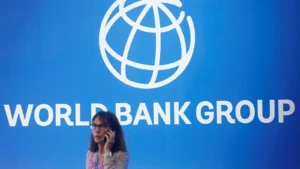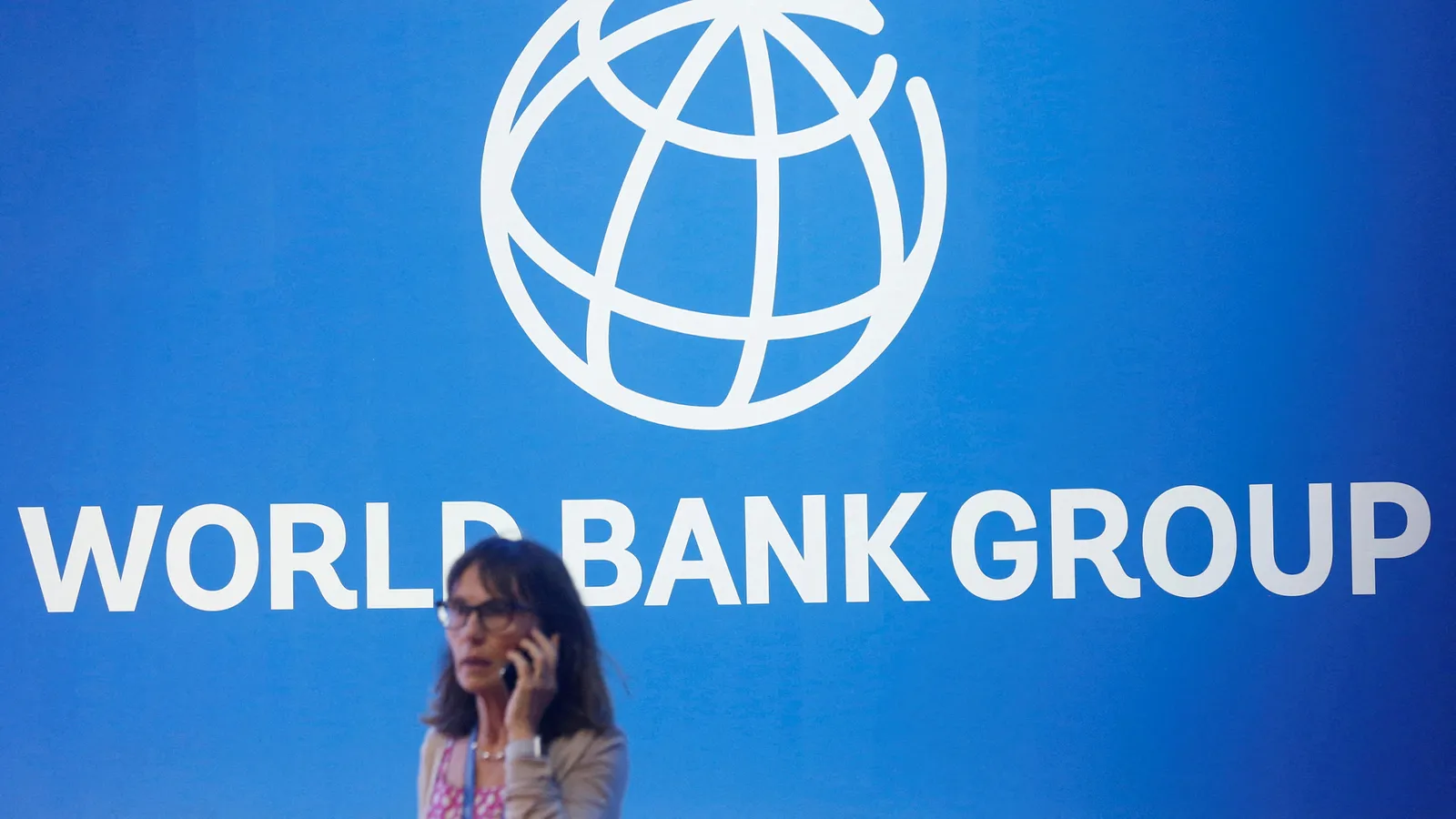The World Health Organization (WHO) has decided to extend travel restrictions on Pakistan for another three months due to concerns over polio, ARY News reported.
The decision was taken during the WHO Emergency Committee’s 41st meeting held on March 6. Authorities from polio-affected countries attended the meeting virtually.
According to WHO, the committee reviewed the global spread of polio, the situation in Pakistan, and the government’s efforts to control the spread of the virus.
The committee’s findings state that Pakistan and Afghanistan continue to pose a threat to polio eradication efforts being made globally. The two nations have been held responsible for the global spread of the poliovirus.
The WHO expressed satisfaction with Pakistan’s anti-polio initiatives. However, the committee stressed that there is still room for improvement at the provincial and district levels, ARY News reported.
Recently, there has been an increase in polio-positive environmental samples in Pakistan, with a 12-fold rise in cases reported between 2023 and 2024. As many as 628 polio-positive environmental samples have been reported in Pakistan in 2025, with new districts also impacted by the wild poliovirus
The active circulation of the YB3A4A B-cluster of the poliovirus in Pakistan, especially in the Khyber Pakhtunkhwa, Sindh, and Balochistan provinces, remains a concern. Karachi, Peshawar, and Quetta have become hotspots for the wild poliovirus type 1 (WPV1), which continues to spread in central parts of Pakistan and southern Khyber Pakhtunkhwa
The WHO voiced concern over the spread of WPV1 in both Pakistan and Afghanistan, stressing that the virus is now confined to two nations globally. The organization raised questions regarding the immunization standards in Pakistan, particularly given the spread of the virus during the low transmission season and the anticipated increase in cases during the high transmission period.
The WHO has called on Pakistan to ensure effective campaigns in vulnerable regions and mentioned that cross-border transmission between Pakistan and Afghanistan continues, especially from southern Khyber Pakhtunkhwa and Quetta areas, ARY News reported.
The movement of displaced persons and refugees further increases the spread. The committee urged improved vaccination efforts at border crossings between Pakistan and Afghanistan and emphasised the need for strengthened bilateral cooperation.
So far, six confirmed polio cases have been reported in Pakistan in 2025, including one in Thatta, Sindh, bringing the provincial total to four and the national total to six. Last year, 74 polio cases were reported in Pakistan.
(Inputs from ANI)
ALSO READ: Ousted South Korean President Yoon Suk Yeol Appears In Court As Criminal Trial Begins






















